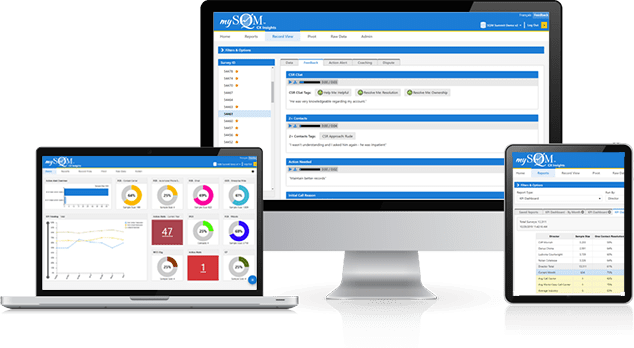my.SQM™ QA - Agent Self-Training for CX Soft Skills
Agent Self-Training, a personalized intelligence feature, enhances their CX soft skills without direct supervision or structured classroom training programs.
Features
![]()
CX Soft Skills Self-Training
Agent self-training for soft skills uses behavior standards, quizzes, and role-playing, delivered through our mySQM™ QA solution.
![]()
On-Demand CX Soft Skills Training
With on-demand CX soft skills training, agents independently enhance their skills at their convenience and without direct supervision.
![]()
CX Soft Skills Validation
Using a CX soft skills model, SQM assesses agent CX performance using predicted CSat and QA data to validate CX improvement.
Agent Self-Training
Agent self-training for CX soft skills involves developing and enhancing the interpersonal skills needed to deliver exceptional customer service. These soft skills are crucial for creating positive interactions, building rapport, resolving issues effectively, and providing great CSat. Here are some key aspects of agent self-training for CX soft skills:
Active Listening
Agents can practice active listening techniques to understand customer needs fully. This includes paraphrasing, clarifying, and summarizing techniques to ensure they accurately grasp the customer's concerns.
Conflict Resolution
It is crucial to learn techniques to manage and de-escalate customer conflicts. Self-training involves role-playing scenarios to practice staying calm, listening actively, and finding solutions.
Empathy
Developing empathy allows agents to connect emotionally with customers, demonstrating understanding and compassion for their situation. Self-training involves exercises that enable an agent to put themself in the customer's shoes and respond empathetically.
Call Resolution
What matters most for customers is resolving their inquiry or problem on the first call. Self-training's focus is helping agents use the right words and approach to resolve the customer's inquiry or problem satisfactorily.
Effective Communication
Agents can work on verbal communication skills to ensure interaction clarity and professionalism. This includes using appropriate language and tone of voice and conveying empathy and confidence.
Problem-Solving
Self-training involves developing techniques to identify the root causes of issues and proposing effective solutions. Agents can simulate common customer problems and brainstorm potential resolutions.
Key Components of Self-Training for Call Center Agents
Role-Playing
Practicing using simulation quality assurance software to resolve calls and deliver great customer satisfaction.
Self-Assessment
Agents take quizzes and tests to gauge CX's soft skills understanding and identify areas for improvement.
mySQM™ QA Tool
Agent self-CX soft skills training delivered through our mySQM™ QA software.
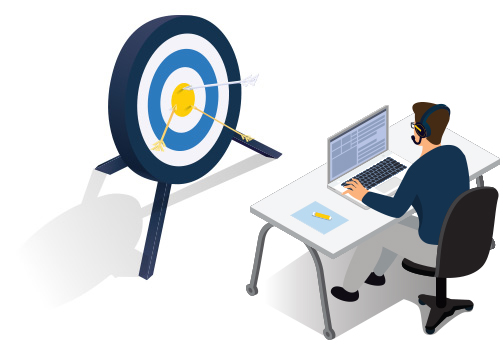
Benefits
Agent Self-Training for CX behavioral standards and word choices is based on SQM’s 25 years of researching and benchmarking call center customer satisfaction.

CX Improvement
Agent self-CX soft skills training has a proven track record for improving CX.
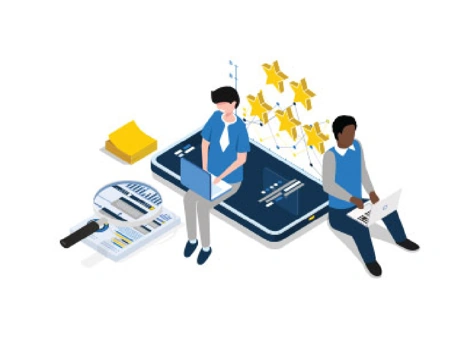
Customization
Allows agents to focus on areas where they need the most improvement.

Empowerment
Encourages a sense of responsibility and self-motivation among agents.
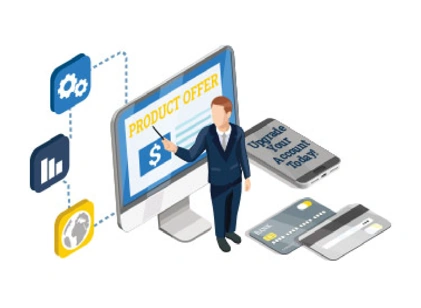
Flexibility
Agents can learn at their own pace and on their own schedule.
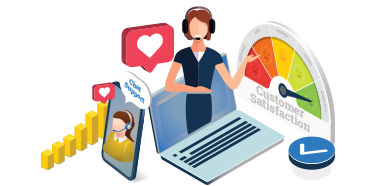
Cost-Effective
Reduces the need for formal training programs and associated costs.


